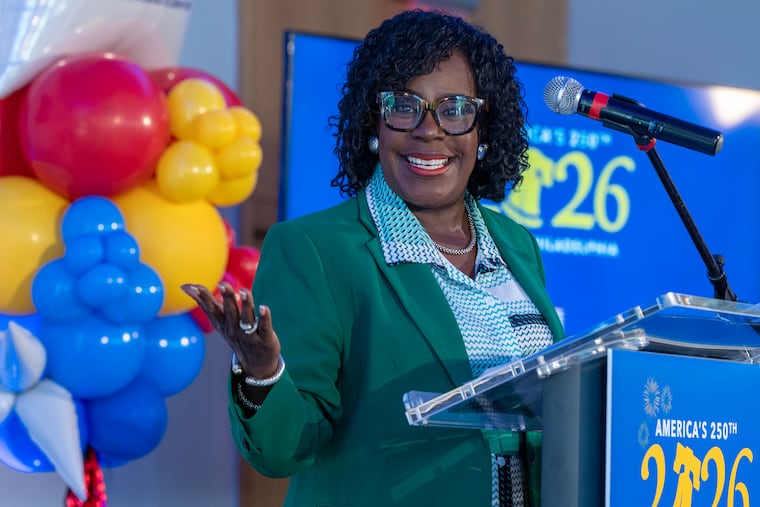Mayor Parker’s 5 million H.O.M.E. initiative faces criticism over its distribution of benefits for the first year.
Mayor Cherelle L. Parker of Philadelphia is set to allocate nearly 5 million this year toward 26 new and continuing programs within her Housing Opportunities Made Easy (H.O.M.E.) initiative, according to a recently obtained budget resolution. The plan aims to address the city’s pressing housing challenges and emphasizes the preservation of existing affordable units, earmarking approximately .5 million for this purpose.
The budget resolution is a critical component of Parker’s broader housing strategy, necessitating City Council’s approval. In June, the Council approved the issuance of 0 million in city bonds designated for this housing initiative, with the administration planning to release 0 million later this fall. This initiative represents an unprecedented commitment to tackling housing issues across Philadelphia through comprehensive financial support and innovative programs.
The spending plan comprises several key allocations beyond affordable housing preservation. Among them are .8 million for the Basic Systems Repair Program, aimed at preventing displacement of low- to moderate-income homeowners by funding essential repairs; million allocated for the One Philly Mortgage program to assist income-qualified residents in obtaining low-cost mortgages; .4 million dedicated to the creation of new affordable housing units; and million for the Eviction Diversion Program, which offers resources to both landlords and tenants in an effort to mitigate evictions.
The resolution outlines the city’s approach to housing, reflecting a significant investment intended to benefit various demographics within Philadelphia. Council President Kenyatta Johnson emphasized that the council is conducting thorough examinations of the budget. He noted the importance of making smart, responsible investments that would positively impact every neighborhood and demographic in Philadelphia.
Parker’s H.O.M.E. initiative is particularly focused on middle neighborhoods—areas that encompass working-class communities facing economic threats yet are neither impoverished nor flourishing. The administration’s objective is to enhance access to “affordable luxury” for a broader base of Philadelphians, including both those in the middle class and those at the lower end of the economic spectrum.
However, the plan has attracted scrutiny for broadening income eligibility criteria, a move that critics argue may divert essential resources from families in severe need. For example, the Basic Systems Repair Program is proposed to extend eligibility from 60% of area median income (AMI) to 100% AMI, which translates to 9,400 for a family of four. Critics contend that this expansion may undermine efforts to prioritize low-income individuals and families.
Angela D. Brooks, Parker’s chief housing and urban development officer, reaffirmed the administration’s aim to tackle the housing crisis comprehensively and inclusively. While some progressive groups have expressed disappointment over perceived inequities in funding, Brooks maintains that nearly 31% of the first-year budget will support households earning 60% of AMI or below, demonstrating a commitment to serving the city’s lowest-income residents.
As discussions continue, the City Council will reconvene on October 9, which is the earliest date a formal introduction of the resolution can occur. The plan’s future remains contingent on the Council’s recommendations, and the administration has reassured stakeholders of its seriousness in addressing the housing crisis, reiterating that the initiative is designed with the city’s diverse needs in mind.
With Philadelphia’s housing landscape under intense scrutiny, this initiative stands as a pivotal moment, seeking to reshape access to affordable housing while navigating the complexities of economic inclusivity.
Media News Source







